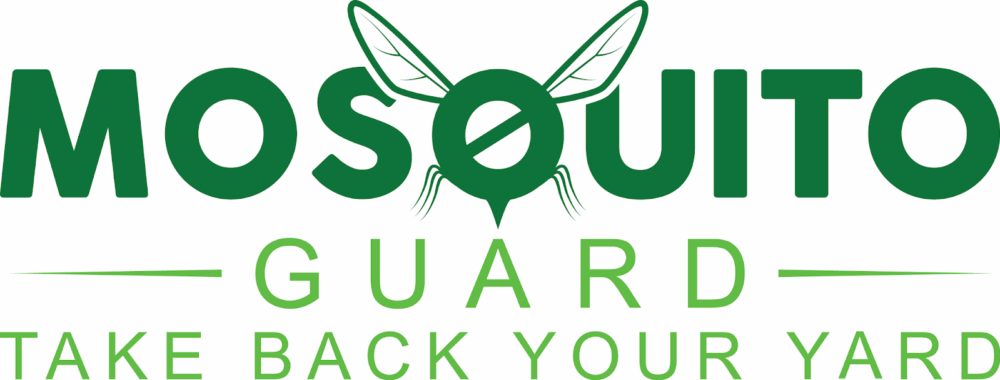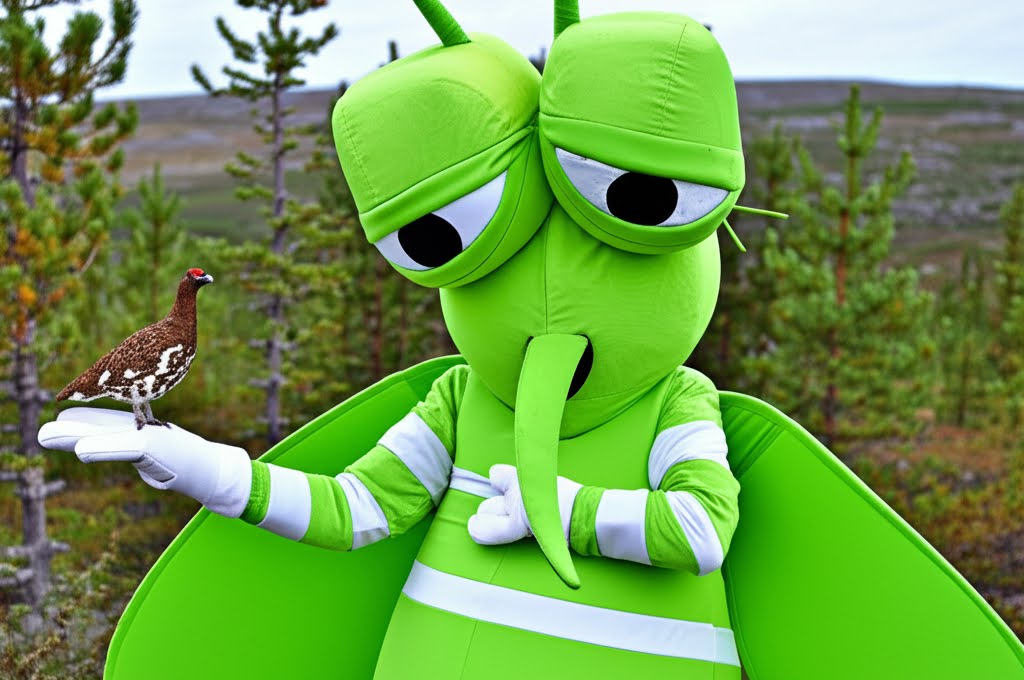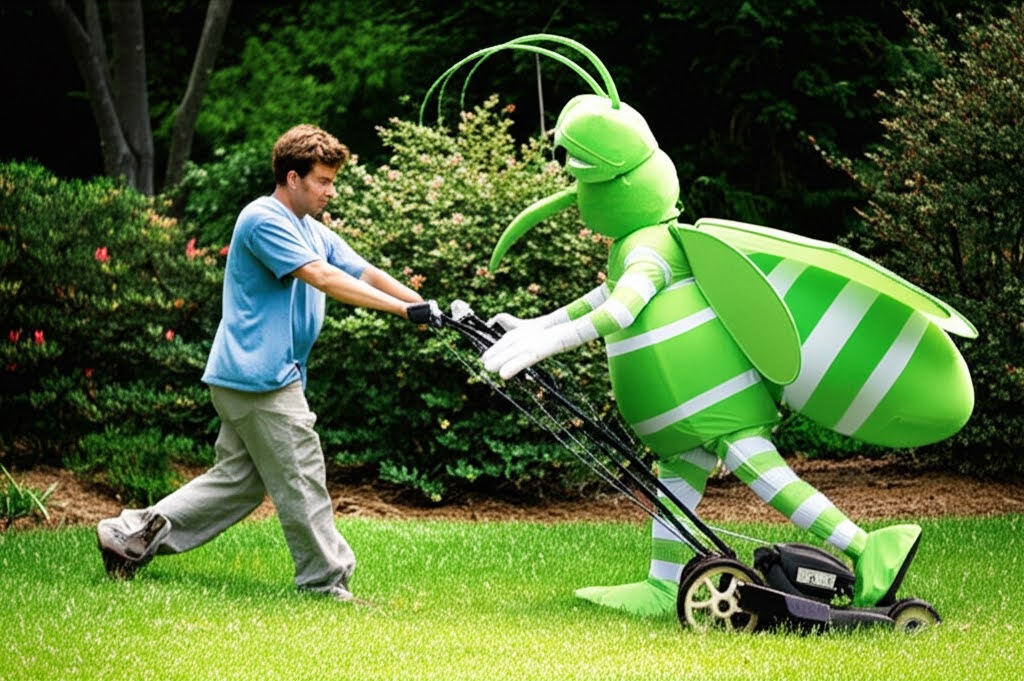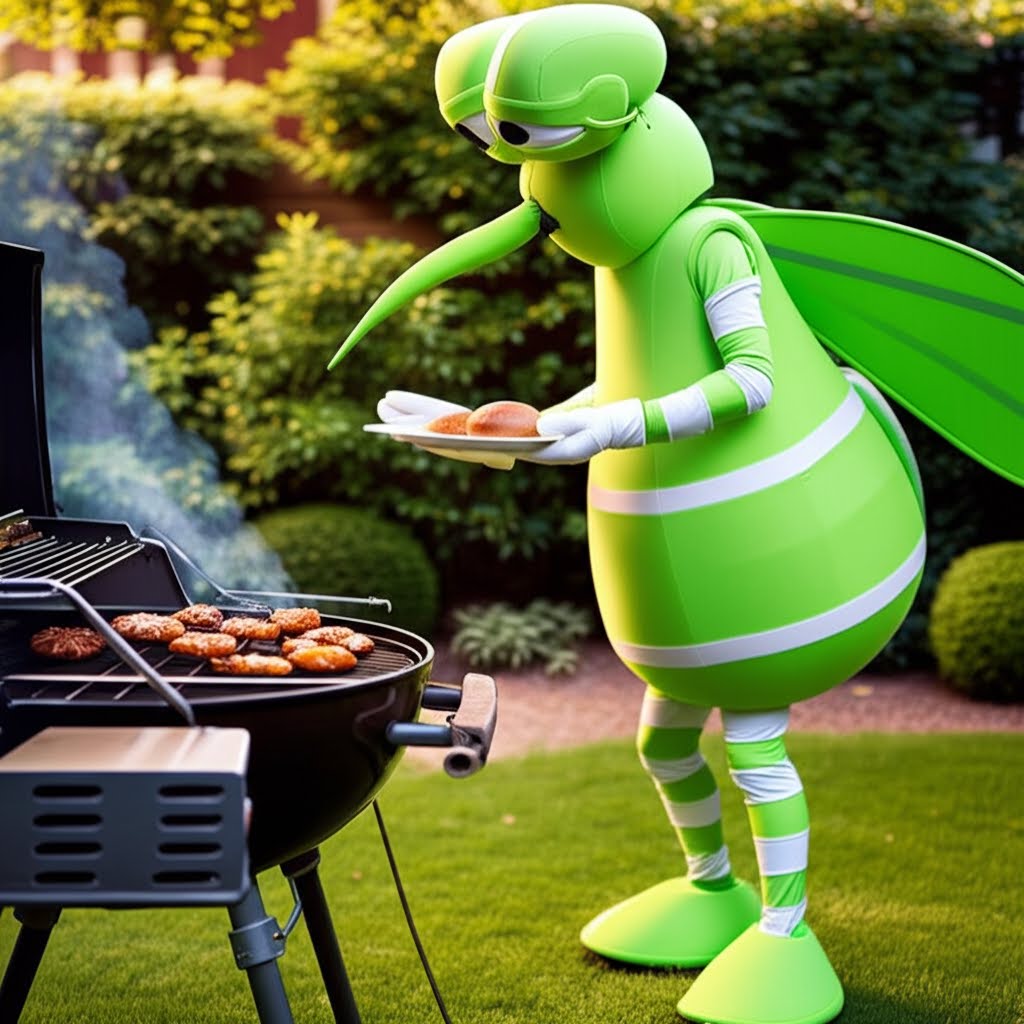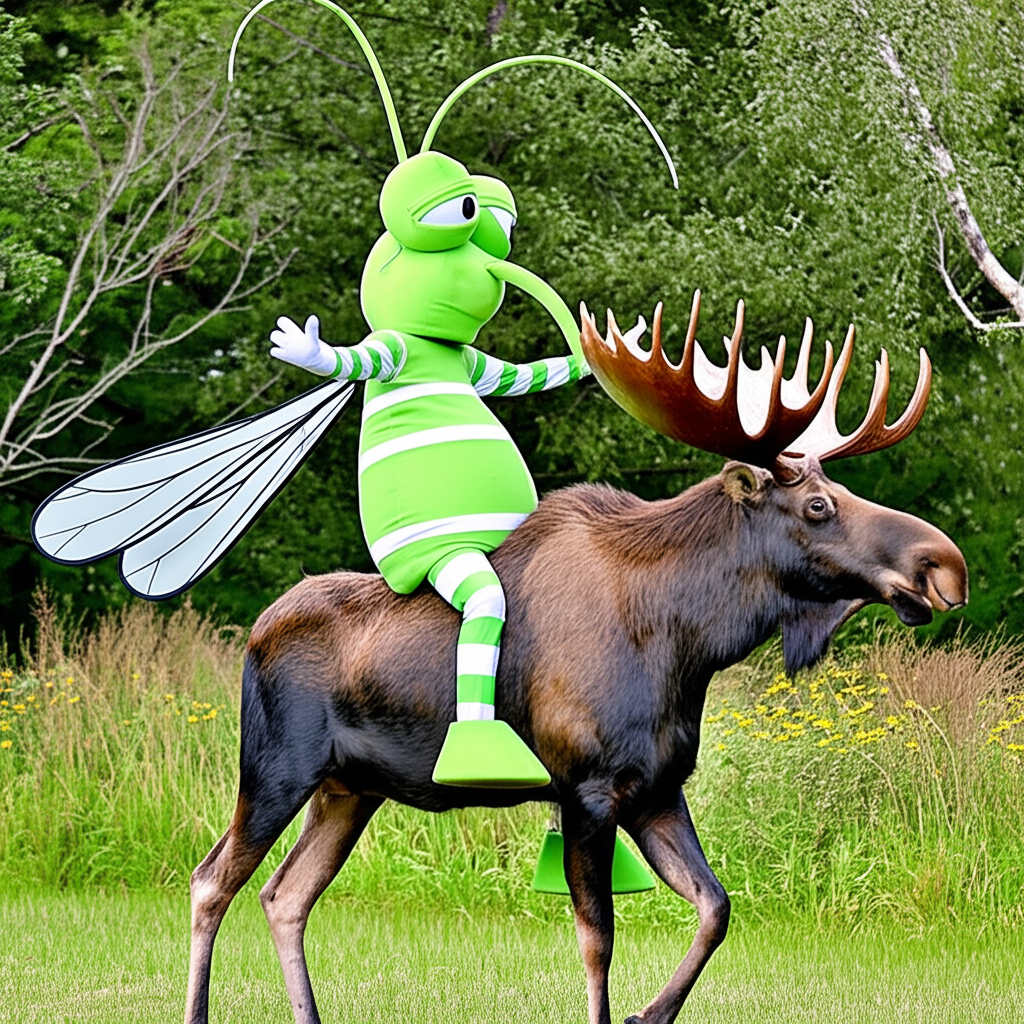Playlist
Our Recent Blog Posts
Mosquito report episode #1
Hey man!
Doing good, sir. Nice to see you again.
Good to see you too!
So, we’re doing another Q&A, and then I believe we’re doing a drawing as well?
That’s it, man!
Alright, so let’s start with questions. Stay tuned to the end for the drawing to see who won!
First Question: What type of pests do you treat?
Our primary target is mosquitoes and biting flies. Our products also cover spiders, aphids, gnats, wasps, and many others.
Comment: The essential oils in our product work especially well against spiders in areas like decks or eaves.
Second Question: Are the treatments safe for children and pets?
Yes. I’ve been using these products for almost a decade around my pets and kids without issues. We primarily use essential oils and synthetic products where people don’t go. Our techs are well-trained to apply everything safely. Once it’s dry, it’s safe. It’s also in our best interest to protect both our customers and employees.
Third Question: How long does a treatment take?
It depends on property size, trees, nearby water, etc. The short answer is 5–10 minutes of spraying, followed by 30–60 minutes of drying time.
Fourth Question: Do I need to leave my home during treatment?
No. You don’t have to be home either. Just ensure gates are unlocked, windows closed, and toys grouped for best coverage.
Fifth Question: How soon will I see results?
You’ll notice improvement right away, with optimal results in 24–48 hours. The essential oils help repel pests and disorient them. The treatment lasts around 21 days before activity may return.
Life Cycle Note: We spray every 21 days to break the mosquito life cycle—first to eliminate active pests, then again to catch newly hatched ones.
Quick Recap:
– Target pests: Primarily mosquitoes, also biting flies and stinging insects.
– Safe for kids and pets: Yes. Stay inside during treatment and wait ~30 minutes before going out.
– Leave home during treatment? No, just keep windows closed and prepare the yard.
– Results: Immediate decline, optimal after 48 hours.
Drawing Segment:
Welcome back! Time for our giveaway. The prize is a free service from Mosquito Guard.
Drawing Winner: Amelia Roland
Congratulations! We’ll reach out to schedule your service.
Episode #2
Hey Austin welcome back another video huh it’s been a good week it has um all right well we got another batch of questions last week’s drawings went well um this batch of comments or questions is categorized under a service and scheduling i know a lot of people have questions about how our services work our scheduling work we’ve gone over a couple of these questions already but just reiterate them reer reiterate them yeah um so let’s start with the first question how often should I have pest control service it’s a really common question key thing is we do it about every 21 days so depending on the weather it might be a little bit sooner might be a little bit later right but around that 21day mark is really ideal to get the best control um this keeps us from overapplying product right so that’s that’s the goal right so to where we’re we’re being as safe as possible getting optimal results but reducing exposure as much as possible even though we use minimal risk pesticides yeah absolutely um and I know we’ve talked at length about the life cycle but again it that’s the that’s how we get away with using such a light product such as botanical products and stuff is we’re able to break the life cycle by coming by that 21 days very strictly within I mean like you said within a few days obviously depending on weather and everything so uh 21 days you heard it here first the next question is do you offer one-time treatments or only ongoing plans so is it always got to be a recurring service or do you offer any one-time treatments uh we do offer one-time treatments one-time treatments are great for events and weddings and like you got a bunch of family coming over you’re doing a barbecue right you’re doing something like that a one-time treatment will do just fine we will come out a day to ahead of when your event is we will apply that’ll get give it enough time it’ll push the pest out of the area and you will have optimal results during your event whether it’s 3 days 4 days 5 days if it’s a whole week it will still give you the best coverage for that time period if you are constantly using your backyard or something a space that you constantly use the reapplying and getting on a regular service program is going to offer you the best results and have the most consistent effect on the pests yeah yeah I like that very good um in this context as well is there any kind of treatment that you can do where you just spray the one time and it’s good for the whole year not something that we offer um if I’m not saying that there’s not options for that out there um but those go into different chemical classes mostly um and we prefer not to
use those type of harsher chemicals um the risk of exposure for you and your
family and our technicians even um it’s not something that that we’re willing to to to sacrifice a risk yeah absolutely um and a little bit of background on the products that that we use as far as pest
control goes um products that break down slower or don’t break down naturally in the body are considered more dangerous absolutely which is why we use the safer products that break down quickly there go we have to come back 21 days retreat to kind of reup on the protection and the and the smell and everything to keep them away if we used harsher products that’s more dangerous for our body so just a little chemical history and facts to throw in there and it all goes back around to we’re trying to protect you and your family not trade out for something something else yeah yeah so if you want a year one time treatment you’re welcome um can I schedule services online um you can reach out to us online uh directly scheduling online doesn’t work uh immediately we have a quite a bit of a setup process to do to make sure that we
are very aware of where you spend your time where we need to treat how we need to treat what kind of uh products you want us to use um and then we give youthe the whole rundown of everything that we go over in these Q&As’s as well and that’s that’s pretty much the sum of it um once once we get you signed up and set up we actually have a customer portal that works through our uh CRM okay okay um and then you have that access to log in you can message us from that email us from that it gives you notifications for whenever we’re coming we also send the notifications out via email and text message sometimes uh depends on your specific needs yeah yeah we have gotten a lot of good feedback about that customer portal and how how the company communicates and is very you know upfront and on time and very informative so that’s really good yeah it has all your billing your service cycles you can update your phone number emails you can do a lot of stuff through that portal sweet sweet um and I know it’s it’s not as simple of a service as people might think we we do customize our notes that if there’s neighbors with honey bees if there’s neighbors that have dogs or if they have a dog or schedules and you know it’s very customized to each customer specifically and we we keep all that in mind so online scheduling just isn’t going to fit yeah whenever you’re filling out that that information on the website in order for us to reach out to you um list in some key points like do you have chickens we have lots of customers that have chickens and rabbits and we have several customers that have honey bees as well um so we just notate that and and get that set up ahead of time and then we we know to ask hey where’s yourn honey bees at where’s your chickens at where do you keep your animals at um and that is something I’m excited to get into but we’re going to have to talk at length about the honeybee talk is a big talk so we’ll get into that later on um so let’s just finish with this last question here in this segment what is your response time for urgent issues if you’re having an urgent issues with pest especially with our services give us a call and we strive to be there in 24 hours or less um so if you’re having issues let us know immediately that helps us ensure we’re producing quality service um and you are getting the results that you want and you expect um that’s why we have that 100% guarantee we want to know if you’re not happy please let us know reach out to us yeah absolutely i don’t think we would be a very good company if we didn’t do that right sorry you’re going to have to deal with your mosquitoes we don’t take it no I’m just kidding wonderful so sounds like another good session got all the answers so this is going to this next drawing is going to be from our regular weekly drawing um this includes uh if you’ve ran into our technicians walking Door to door um you can sign up that way if you’ve signed up on our website or or any other way you can sign up for the the regular drawing um and we’re going to draw a name to see who won that free service and Sounds good let’s get her done all right all right let’s see here all right what’d you get let’s see looks like we got Stephanie and Andy Auto stephanie and Andy Auto all right we will reach out to you and let you
know you won sign up for the next drawing if you run into us we’ll be in neighborhoods running around events if you see our logo ask us ask us what it’s all about we’ll get you signed up chance to win a free service sounds good alright man.
